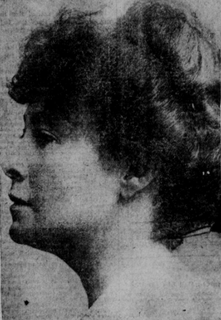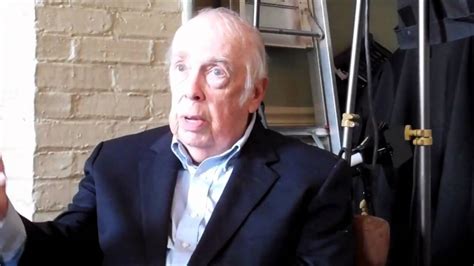A Quote by Terence McKenna
What we call imagination is actually the universal library of what's real. You couldn’t imagine it if it weren’t real somewhere, sometime.
Related Quotes
in a middle of a room stands a suicide sniffing a Paper rose smiling to a self "somewhere it is Spring and sometimes people are in real:imagine somewhere real flowers,but I can't imagine real flowers for if I could,they would somehow not Be real" (so he smiles smiling)"but I will not everywhere be real to you in a moment" The is blond with small hands "& everything is easier than I had guessed everything would be;even remembering the way who looked at whom first,anyhow dancing
There is almost no limit to the possibilities of the imagination, but to get the full power of it, one must trust one's imagination. If you say to yourself constantly, as the mother says to the child, 'But this is only play; this is not real,' you never can make real the things you have created in thought.
I am a librarian. I discovered me in the library. I went to find me in the library. Before I fell in love with libraries, I was just a six-year-old boy. The library fueled all of my curiosities, from dinosaurs to ancient Egypt. When I graduated from high school in 1938, I began going to the library three nights a week. I did this every week for almost ten years and finally, in 1947, around the time I got married, I figured I was done. So I graduated from the library when I was twenty-seven. I discovered that the library is the real school.





































